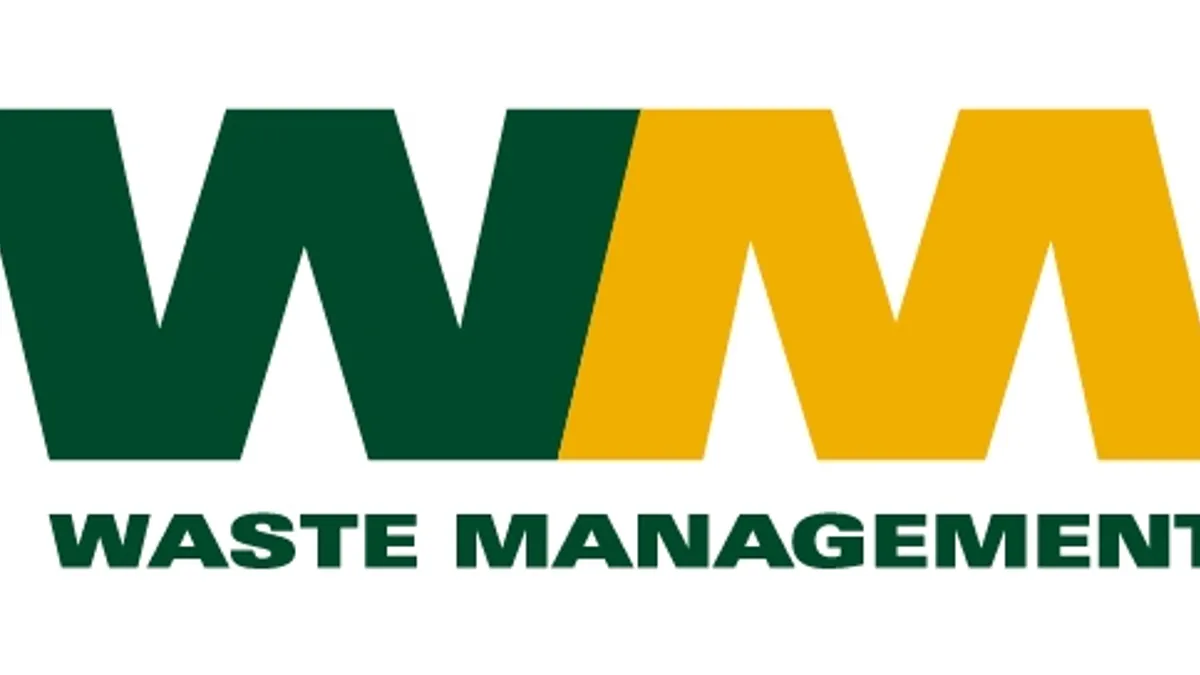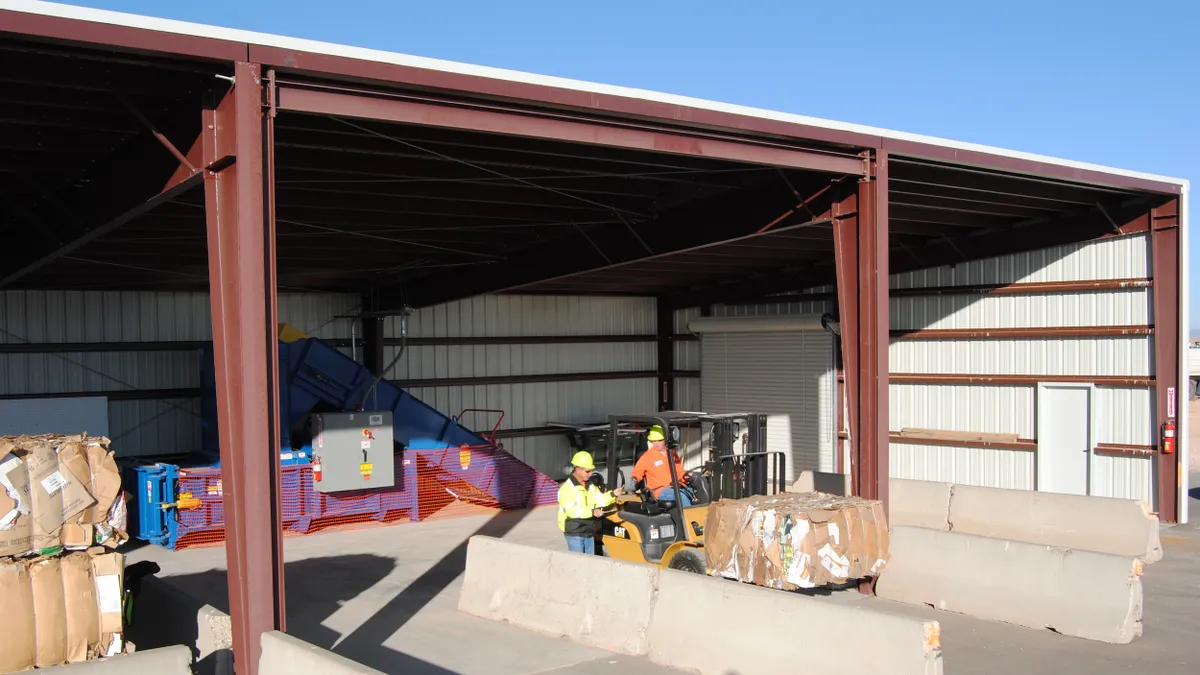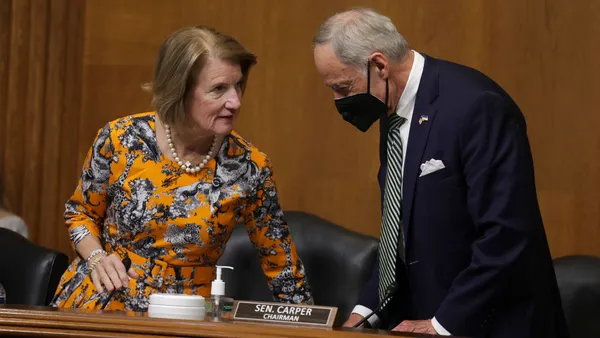Dive Brief:
- Waste Management reported a 8.3% increase in revenue for the first quarter of 2017, its largest organic growth in more than a decade. This was driven by increased yield and volume from their collection business and helped by a 70% improvement in commodity prices compared to the same period in 2016.
- Yet CEO Jim Fish said those prices have already dropped "significantly" during the beginning of the second quarter. ONP prices recently dropped by 40% and OCC prices are down by 10%. "When we look at pricing of commodities, the volatility is greatest where the Chinese have the greatest impact," said Fish during the earnings call.
- The company also reported that construction and demolition volumes were up by 18.9% from the last quarter. Fish said this was a sign of strong housing markets in Canada and the U.S. The fact that both residential and commercial containers weights were up was also taken as signs of positive economic growth in the country.
Dive Insight:
These results are the latest in a series of positive quarterly earnings reports from the company and according to CFO Devina Rankin "recycling business exceeded our expectations." Though due to volatile Chinese markets, various unknowns in Congress and other factors Waste Management still isn't revising projections for 2017 that some viewed as conservative.
The potential passage of an infrastructure bill, corporate tax reform and a compressed natural gas fuel tax credit were all mentioned as legislative items that Waste Management is watching. Their current thinking is the fuel credit won't happen if tax reform goes through, which the executives noted would be fine by them. "We'll be happy to give up the fuel tax credit for a term for a rate reduction in corporate tax rates," said Fish.
According to federal disclosure reports, the company spent more than $200,000 lobbying Congress during the first quarter of 2017 and corporate taxes were listed among their priorities.
Regardless of what happens in Washington, Waste Management has budgeted for up to $200 million in tuck-in acquisitions this year and also plans to name a chief technology officer. The company's fleet already uses route optimization software, in-cab tablets and DriveCam units, though Fish indicated they want to take these efforts a step further.
"You'll start to see us using big data in a much more sophisticated way," he said, noting the potential to take it beyond routing and pricing. "As opposed to waiting and handling our maintenance in a reactive manner, we handle it more proactively and that is much more cost-effective for us."
These goals, along with planned starts for a 10-year franchise contract in Los Angeles and a 20-year export contract in New York, may make 2017 a big year for the industry's biggest company.












